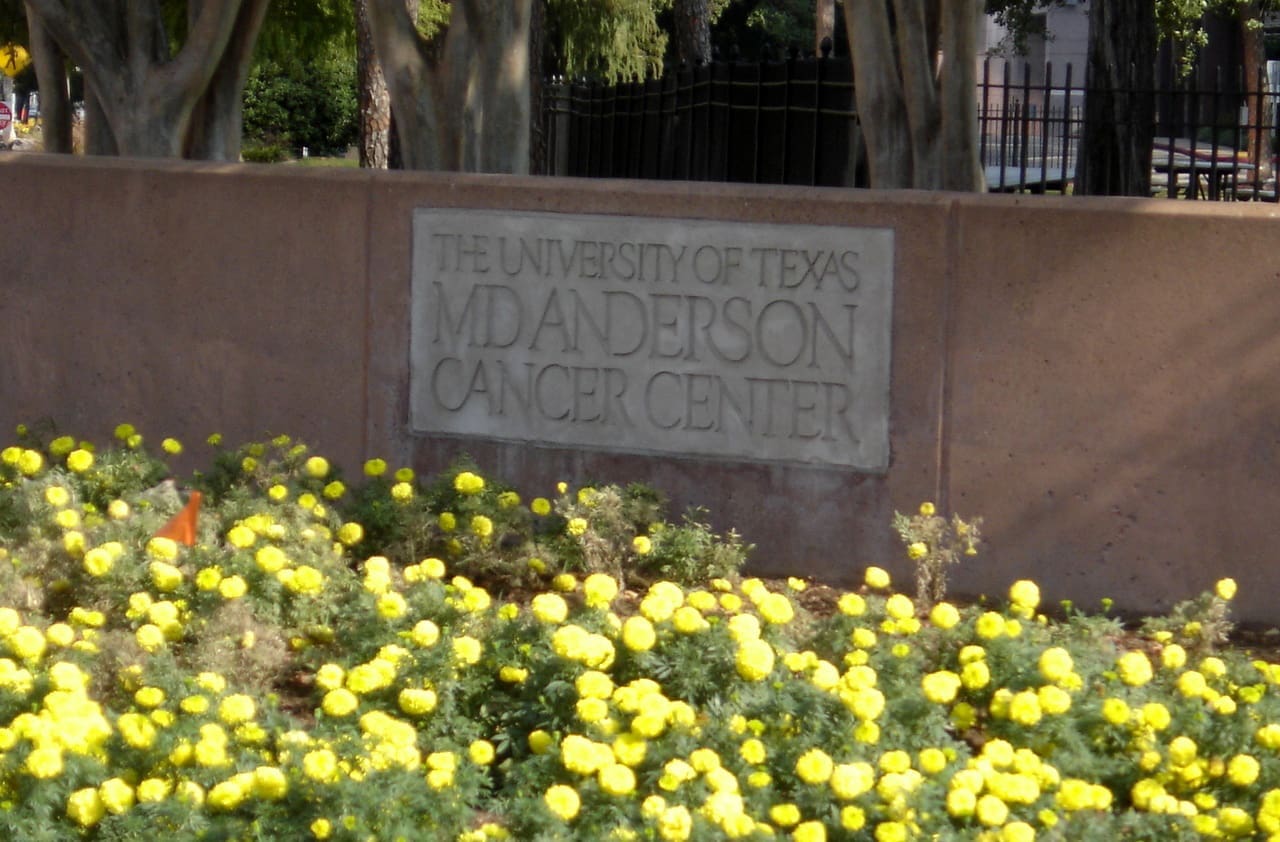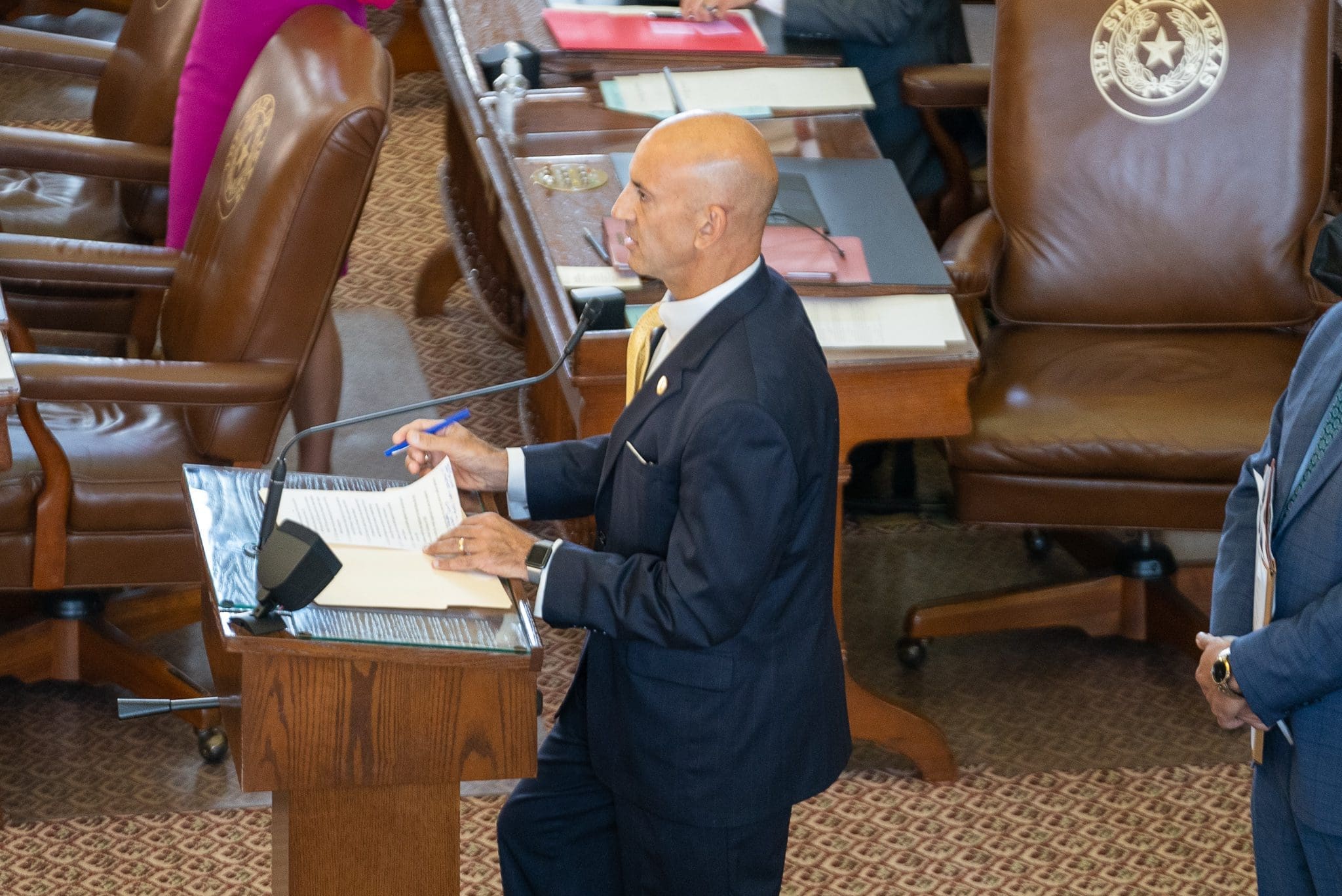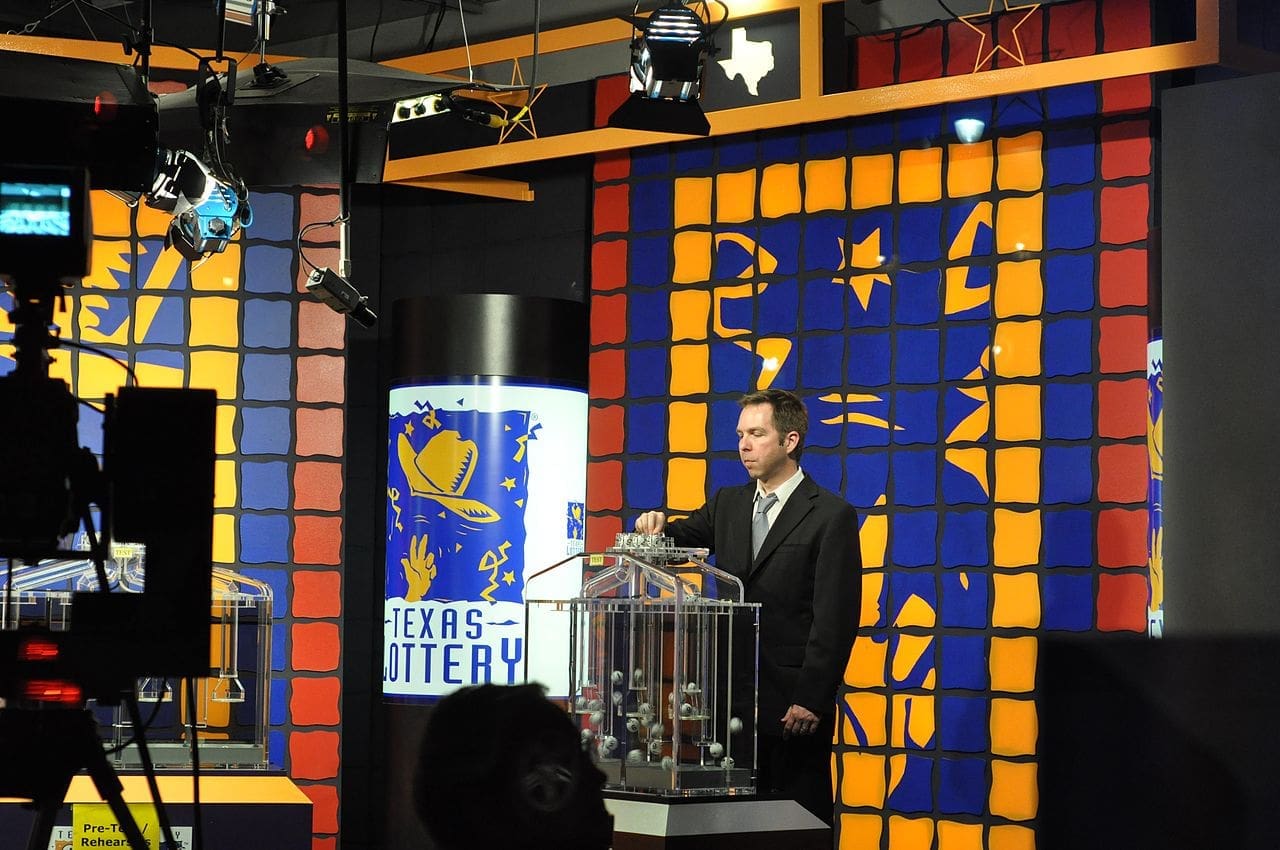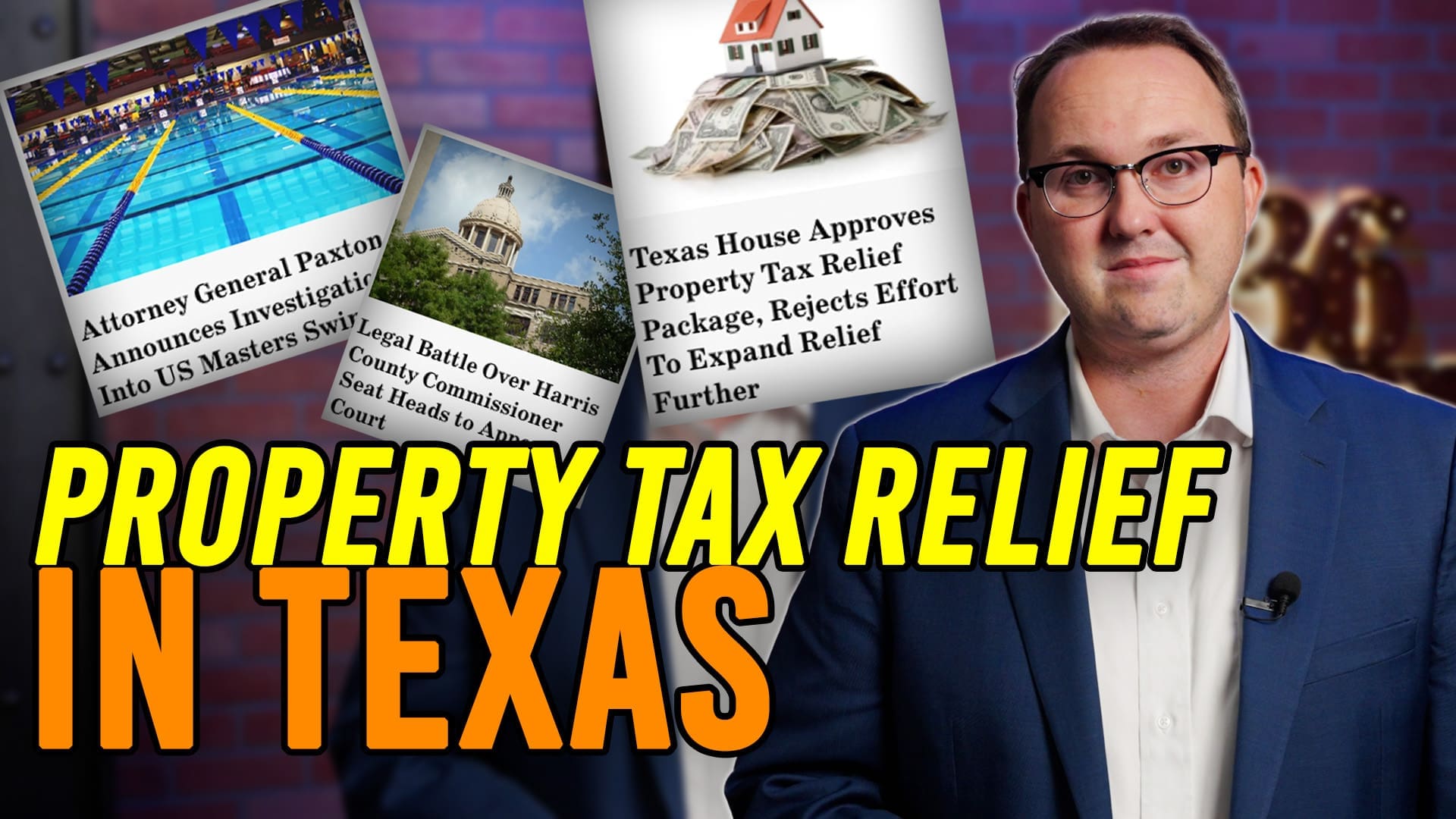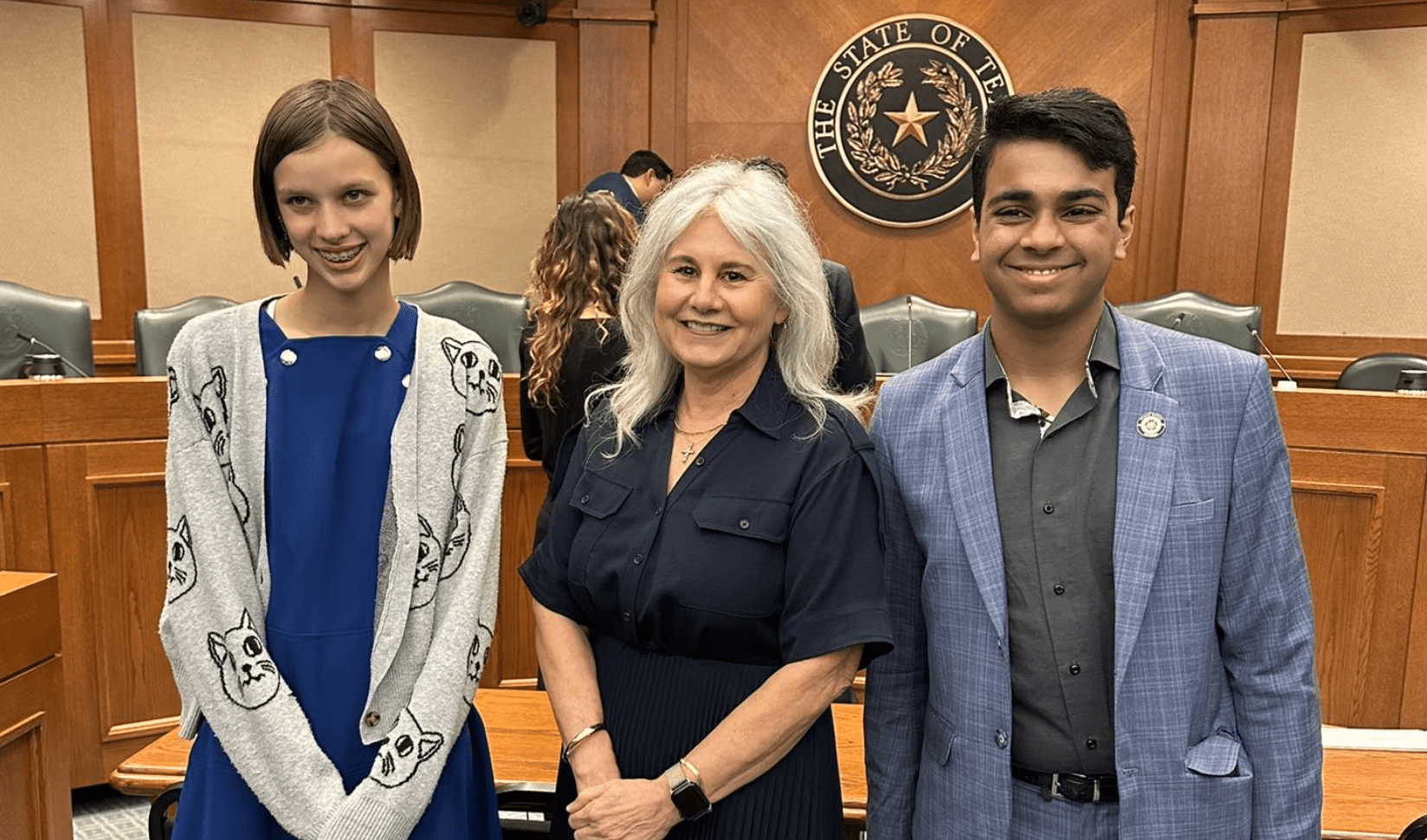Houston’s MD Anderson Cancer Center is freezing hiring for non-clinical roles and cutting back on discretionary spending after revealing a $43 million budget shortfall through the first quarter of 2025.
The Center’s President, Dr. Peter Pisters, announced a hiring freeze for certain positions and reductions in non-essential spending. In an internal email obtained by the Houston Chronicle, Pisters revealed that the center experienced a $43 million operating loss through March, $18.3 million more than projected.
The shortfall was attributed to rising expenses, including more physician staffing and a decline in patient volume compared to 2024. While the reported losses represent only a small portion of MD Anderson’s total projected revenue, estimated at $7.8 billion through August, economic uncertainty has played a key role in tightening spending.
“The economic climate makes it very difficult to forecast. And that’s not a personal view, that’s a shared view among CEOs that I speak with,” Pisters told the Chronicle in an interview.
Despite the financial setback, Pisters said the implemented measures, including the hiring freeze and reductions in discretionary spending, should be enough to help the institution reach a projected $140 million budget surplus by August. He clarified that the frozen positions do not involve direct patient care and that most cutbacks relate to travel and conference expenses.
Dr. Pisters also noted that he canceled attendance at two major cancer conferences later this year. He added that inflation has driven up costs in the steel and lumber industries, which are critical for constructing new MD Anderson facilities. Compounding those concerns are tariffs on Chinese and other imports, originally imposed by the Trump administration, which he said still affect operational planning.
Meanwhile, the White House has defended the tariffs as necessary for national security and economic resilience. According to a fact sheet published earlier this month by the White House, “President Donald J. Trump declared that foreign trade and economic practices have created a national emergency, and his order imposes responsive tariffs to strengthen the international economic position of the United States and protect American workers.”
The document further stated that foreign nations have taken advantage of the U.S., contributing to issues in supply chains and manufacturing, and making the country’s industrial base increasingly dependent on foreign sources.
